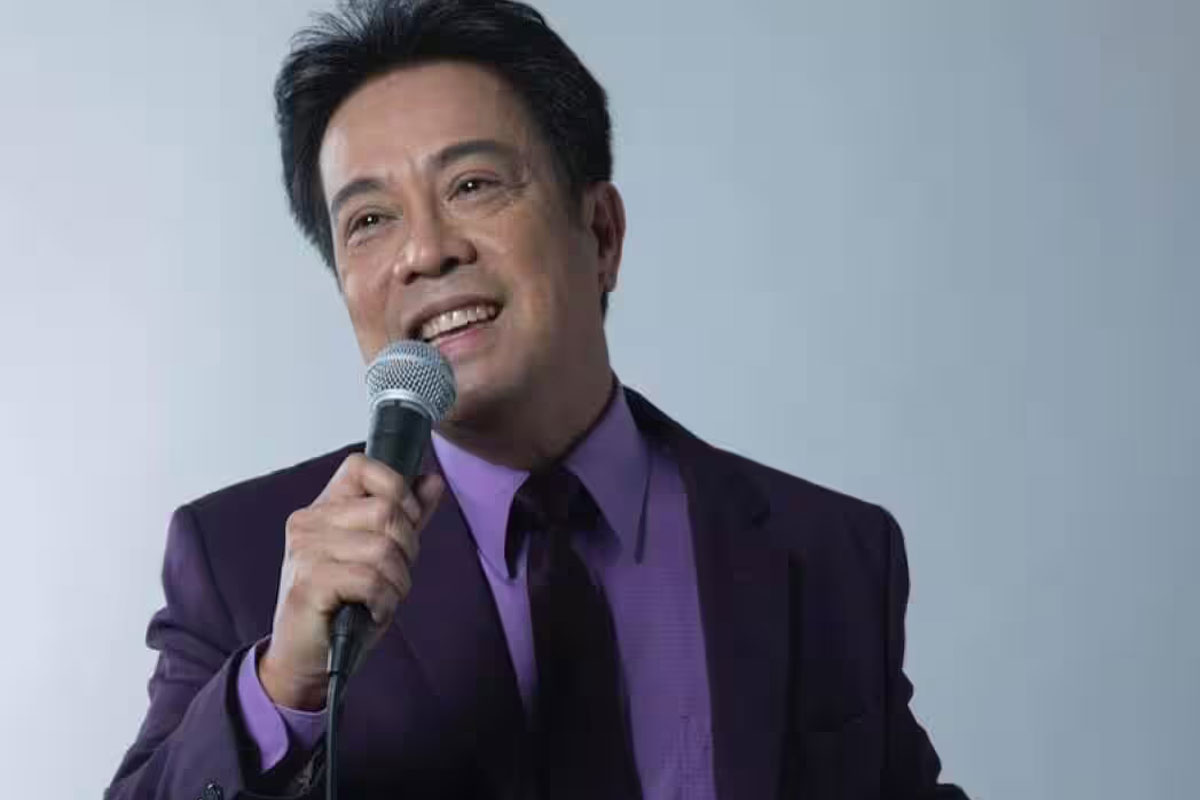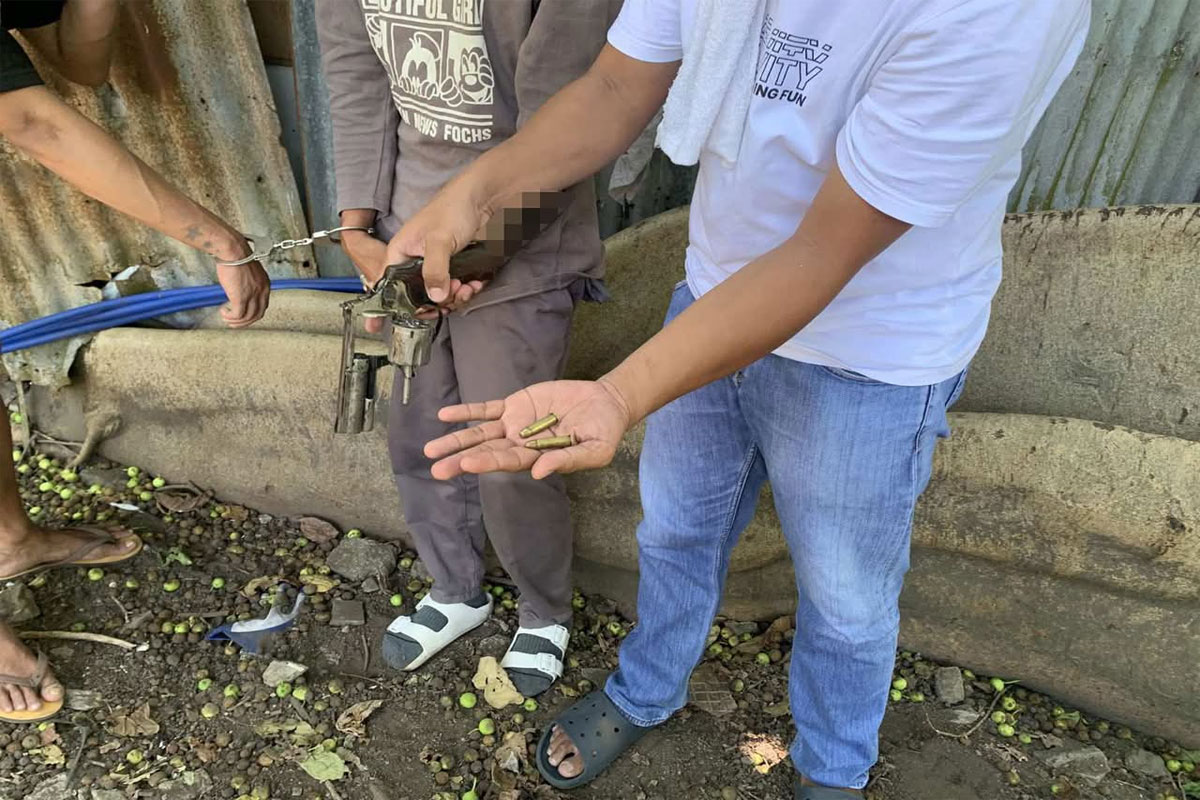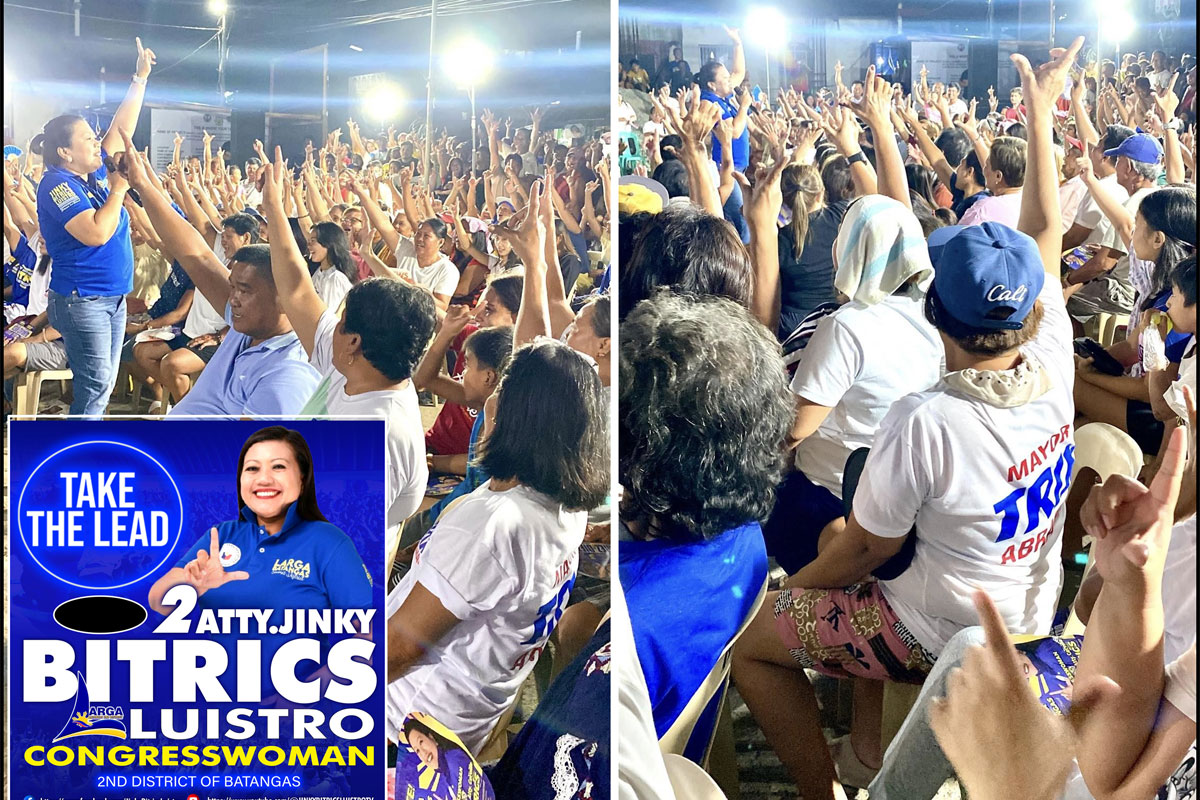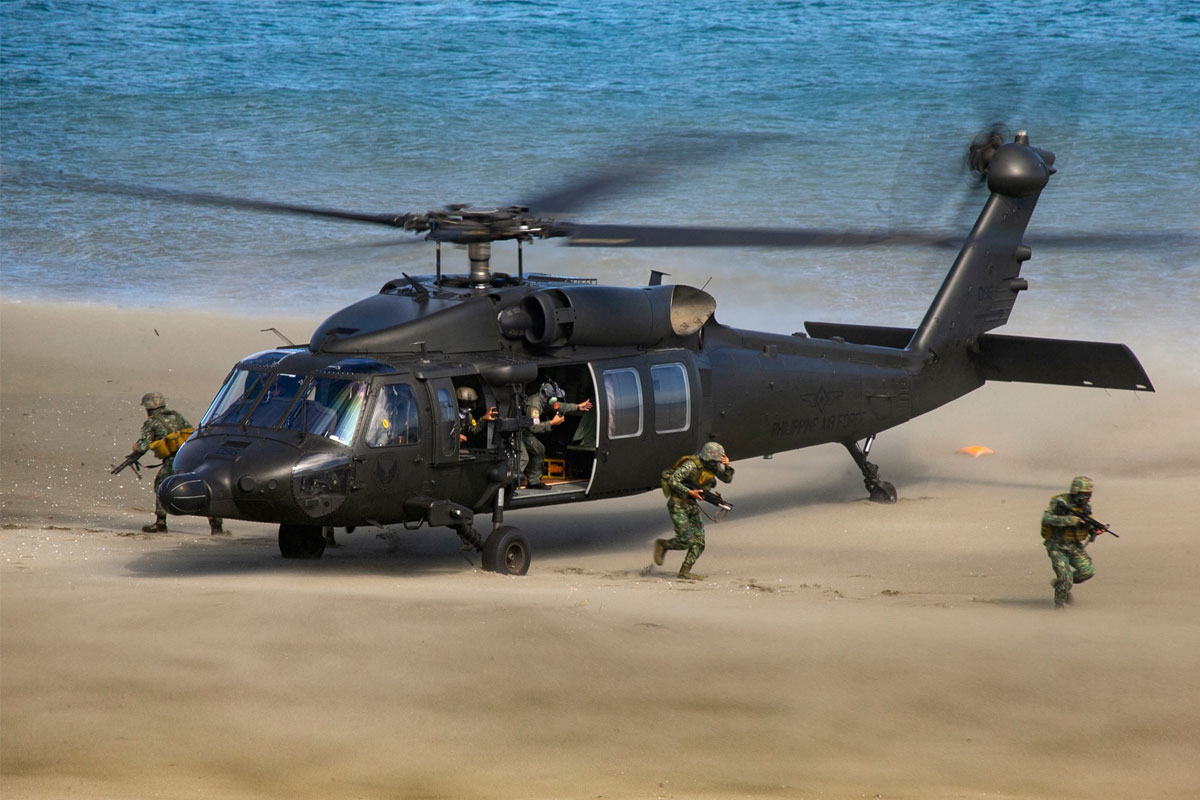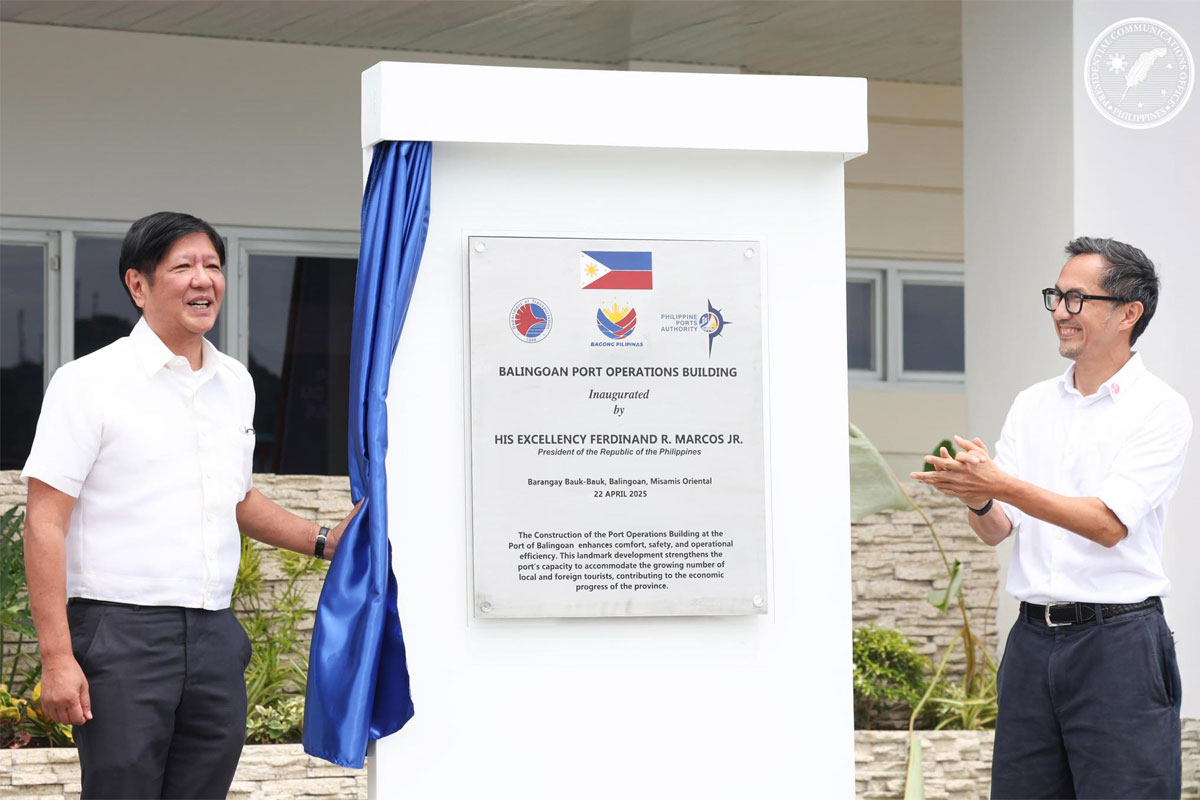
Top PNP logistician gives tips on good policing
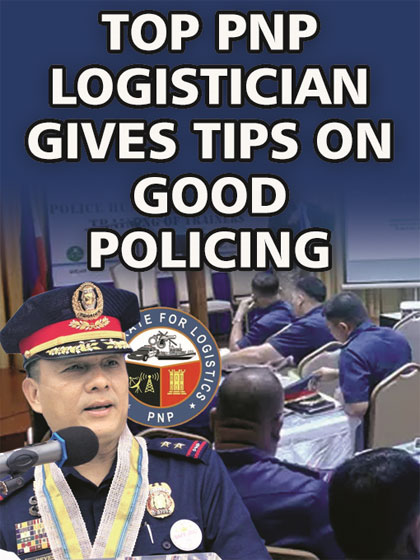 THE head of the Philippine National Police Directorate for Logistics has come up with 10 Do’s and Don’ts that must be followed by all police logisticians in order to efficiently manage the supply and transportation of police tools and other equipment.
THE head of the Philippine National Police Directorate for Logistics has come up with 10 Do’s and Don’ts that must be followed by all police logisticians in order to efficiently manage the supply and transportation of police tools and other equipment.
Major General Mario A. Reyes underscored this as he opened the PNP Logistics Management Course Class 02-042-DL-2024-001 last week.
He said they are introducing some House Rules for Police Stations as he borrowed the concept of Super Mario, the cartoon character originally a carpenter who became a plumber.
According to the PNP’s top logistician, the following are their 5 Do’s and 5 Don’t’s.
No. 1. Convey the Big Picture and Set a Clear Vision: Effective logistics leaders possess a clear vision for how logistics supports police operations.
Logistics and administrative support should truly enable and empower operations. They should not be a burden to the men and women working on the ground.
Support staff must also regularly assess performance to identify areas for improvement and replication.
Number 2. Capitalize on Culture and Harness Filipino Values Leverage the Filipino values of family and cleanliness to foster a strong sense of community within the police station.
Treat the station as a home to be cared for by all personnel.
Number 3. Communicate Purposively and Ensure understanding of the importance of Logistics.
Establish open and clear communication channels. Encourage feedback and foster a collaborative environment. Text, talk and chat about it. Graduates of this course should lead the chat groups.
Number 4. Create and Nurture Strong Teams for Continuous Improvement. Cultivate teamwork and collaboration. Recognize and empower team members.
Stay updated on industry trends and implement technological advancements to enhance logistics efficiency.
Number 5. Celebrate Goodwill and Recognize your Donors and Partners. The Modern Police Stations, just like other buildings, will depreciate and will need repairs.
Be sure to maintain partnership with donors so they can help with upkeep and inevitable renovation.
Number 6. Do not pollute the environment. Properly dispose of police station waste. Strictly follow protocols and procedures for decommissioned equipment and vehicles.
Number 7. Do not delay and compromise on Equipment Maintenance. Neglecting equipment maintenance can result in breakdowns, increased costs and safety hazards.
Number 8. Do not underestimate the Importance of Ethical Conduct: Tolerating unethical behavior can damage the police department’s reputation and erode public trust.
Observe ethical and moral conduct in the procurement conducted with local governments and in receiving donations from them or other partners.
Number 9. Do not neglect Officer Training and Development: Avoid complacency in training and professional development as they are related to effective and efficient use of logistics. This can also lead to suboptimal performance and increased risks.
Number 10. Do not ignore Data-Driven Insights: Avoid making logistical decisions without relying on data analysis, as this can lead to inefficient resource allocation and poor outcomes.
“Future logistics-leaders, I enjoin you to advocate and take with you the Super Mario’s House Rules for Police Stations when you go back to your respective regions and provinces. Echo it to the Camp Commanders, the Chiefs of Police and the Force Commanders,” he said.
Maj. Gen. Reyes told the students that as future logistics officers, the fate of the police force really lies in their hands. Aanhin mo ang kaalaman at kasanayan na wala naming karakter at pagmamalasakit?
Magaling nga magmaneho ng patrol car. Maalam sa waze at iba pang teknik. Pero wala namang malasakit sa gamit ng gobyerno. Kulang,” he said.





